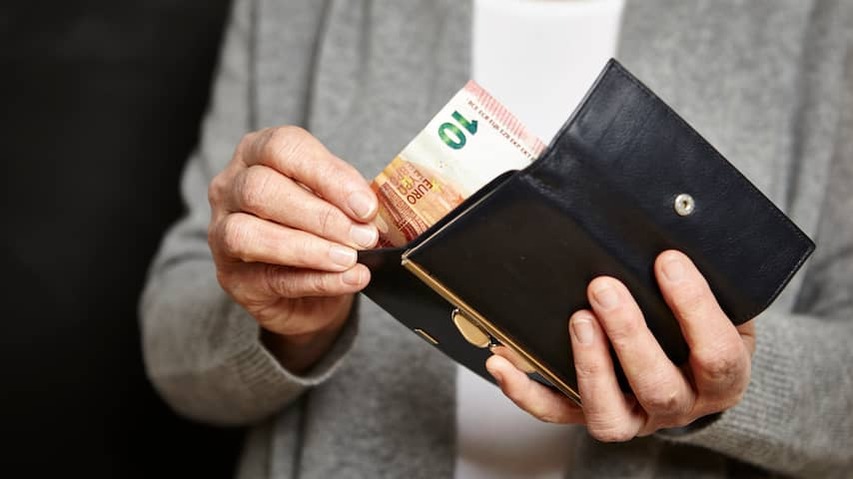
Dutch people have had more money left over on average in the past eight years because wages have risen faster than monthly expenses. This is according to research by ABN AMRO, which took into account the rapidly rising inflation and energy costs of recent years.
ABN AMRO used the anonymized bank accounts of 340,000 households for the research. The outcome of the research is remarkable because many Dutch people think the opposite.
The rising costs are one of the reasons why consumer confidence is very low. But their financial security has therefore increased in the past eight years.
In 2017, workers, pensioners and people on benefits still spent a larger portion of their income on monthly expenses. Then that was 45 percent for a working person. Last year that fell to almost 40 percent.
People on benefits pay the most on fixed costs as a percentage. In 2017 that was almost 60 percent, compared to 53 percent last year. Pensioners are in between the two groups.
The Government Intervend in Recent Years
The government intervened in 2022 and 2023 due to high inflation and rapidly rising energy costs. That helped to keep the fixed costs of many Dutch people low. In 2022, many people with a lower income received financial support for their energy costs and in 2023 a price ceiling limited energy prices. Last year wages rose faster than before the corona years.
ABN AMRO does note that the fixed costs of people on benefits are rising again. The bank points to the Nibud, which is concerned about households that spend more than 60 percent of their income on monthly costs. These people may not have enough money left over for groceries and other important purchases.
Currently, one in ten people on benefits have less than 30 percent of their income left over for groceries. According to the bank, their financial security is under pressure.